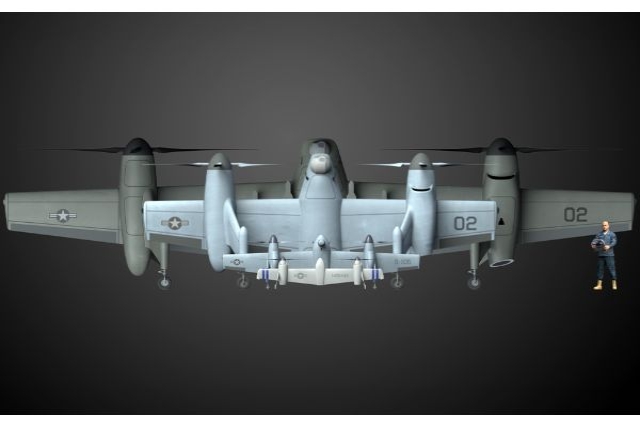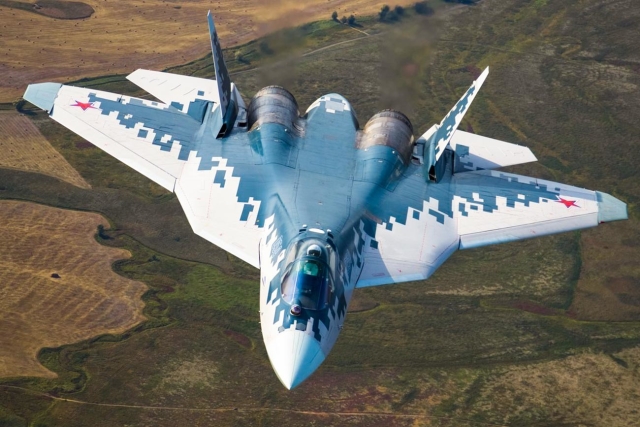China hacking: Fact or U.S. Bogey?

A day after Chinese hackers took the rap for a cyber attack against Australia and stealing designs for a new spy HQ, Australia’s Prime Minister Julia Gillard called the reports “inaccurate”.
Gillard’s statement further strengthens China’s consistent denials of any state-sponsored hacking against the West. In its latest allegations, the U.S on Tuesday revealed that designs to over two dozen U.S weapons systems have been compromised after Chinese hackers gained access to them. Reports says that designs to the F/A-18 fighter jet, the V-22 Osprey, the Black Hawk helicopter and the Navy’s new Littoral Combat Ship, Aegis ballistic-missile defense system, Patriot missile system and the F-35 JSF have been pilfered.
Interestingly, the weapons systems whose designs the Chinese supposedly hacked have gone through various levels of modifications over the years as the U.S. tries to control costs and sell them to allies, reluctant to buy overpriced American systems.
Earlier in March, China’s outgoing Foreign Minister Yang Jiechi spoke out against the U.S’ growing accusations blaming China for the cyber attacks. “Anyone who tries to fabricate or piece together a sensational story to serve a political motive will not be able to blacken the name of others or whitewash themselves,” he said at a news conference during the National People’s Congress, the annual Chinese leadership confab currently underway in Beijing.
Yang added, “Cyberspace needs not war, but rules and cooperation. We oppose cyberspace becoming a new battlefield, and to using the Internet as a new tool to interfere in another country’s internal affairs.”
The hacking bogey might have led to the banning of a Chinese telecom company Huawei after a year-long congressional investigation in 2012.
"Based on available classified and unclassified information, Huawei and ZTE cannot be trusted to be free of foreign state influence and thus pose a security threat to the United States and to our systems," a report by the House Intelligence Committee said.
However, both Huawei and ZTE have denied any ties with the Chinese government. "The integrity and independence of Huawei's organization and business practices are trusted and respected across almost 150 markets," Huawei vice-president William Plummer was quoted as saying. Ally Australia, also banned the company last March, from any involvement in the $36 billion National Broadband Network.
The decision, based on advice from the intelligence agency ASIO, sparked claims by the opposition that the government was jeopardizing vital Chinese investment, according to reports.
While the U.S has been pointing fingers at China, the Pentagon along with Israel last year obliquely took credit for crippling the computer that powered Iran’s nuclear reactor. The Stuxnet computer virus, suspected to have been created by the CIA to impede Iran’s nuclear program, may have led to extensive collateral damage by affecting Siemens control software in India and Indonesia to a large extent and in over 100 other countries to a smaller extent.
The sophisticated attacks on Iran’s Bushehr nuclear plant began by taking advantage of the Siemens SCADA (Supervisory Control And Data Acquisition) software which is widely used in industrial applications, allowing the centrifuge machines to work so slow that it did not yield any enriched uranium.
One line of thought goes that the China cyber-attacks bogey could have been initiated by a U.S lobby trying to prevent Washington from having closer ties to China. President Obama is scheduled to meet China's Xi Jinping next month in Beijing where are two are expected to promote better security relations. Washington has an exemplary record in finding weapons of mass destruction (WMDs) in third countries.
It went to war in Iraq on grounds that Bahgdad had WMDs, later acknowledged as played up by the neo-cons’ lobby; is currently claiming that the Syrian Army is using chemical weapons against rebels and is consistently claiming, without proof that Iran has nuclear weapons.









